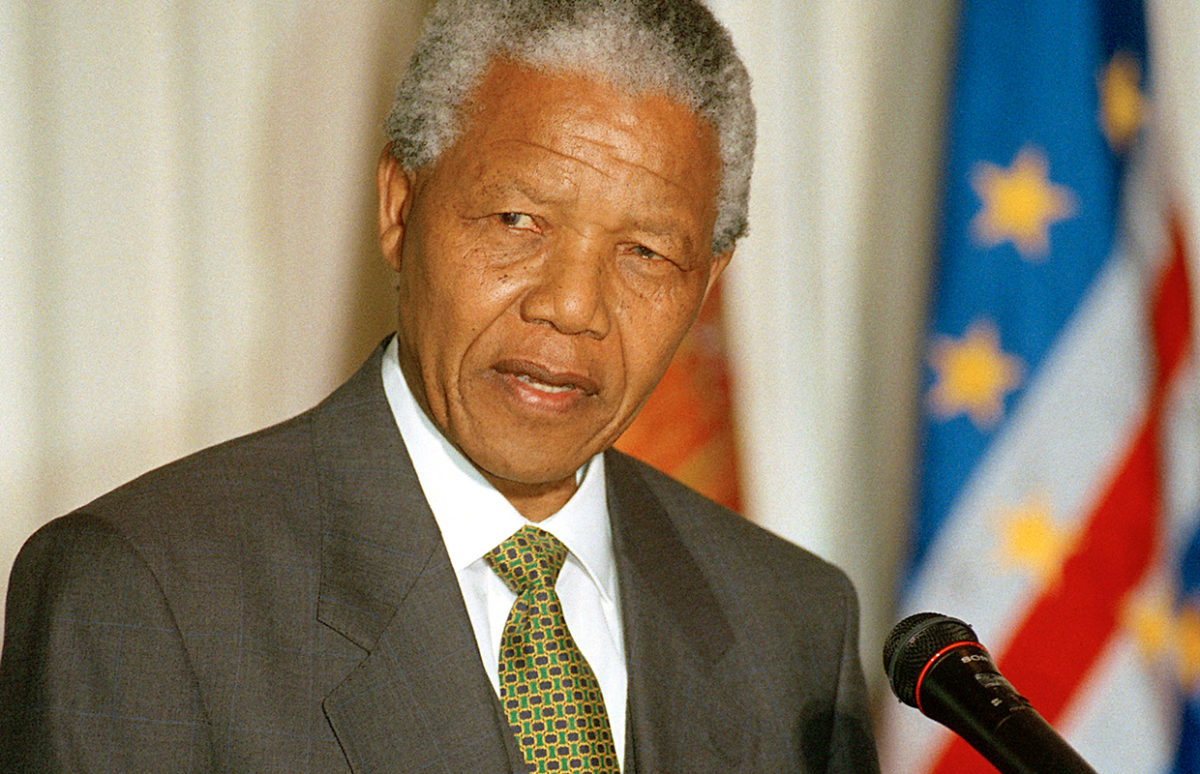
Nelson Mandela was born a hundred years ago, on 18 July 1918. In 2009, the United Nations declared his birthday International Mandela Day, when people around the world are encouraged to give service to their communities, as he gave service to the people of South Africa. Rolihlahla Mandela was born into the Madiba clan in Mvezo, … Continue reading “Nelson Mandela Centenary”
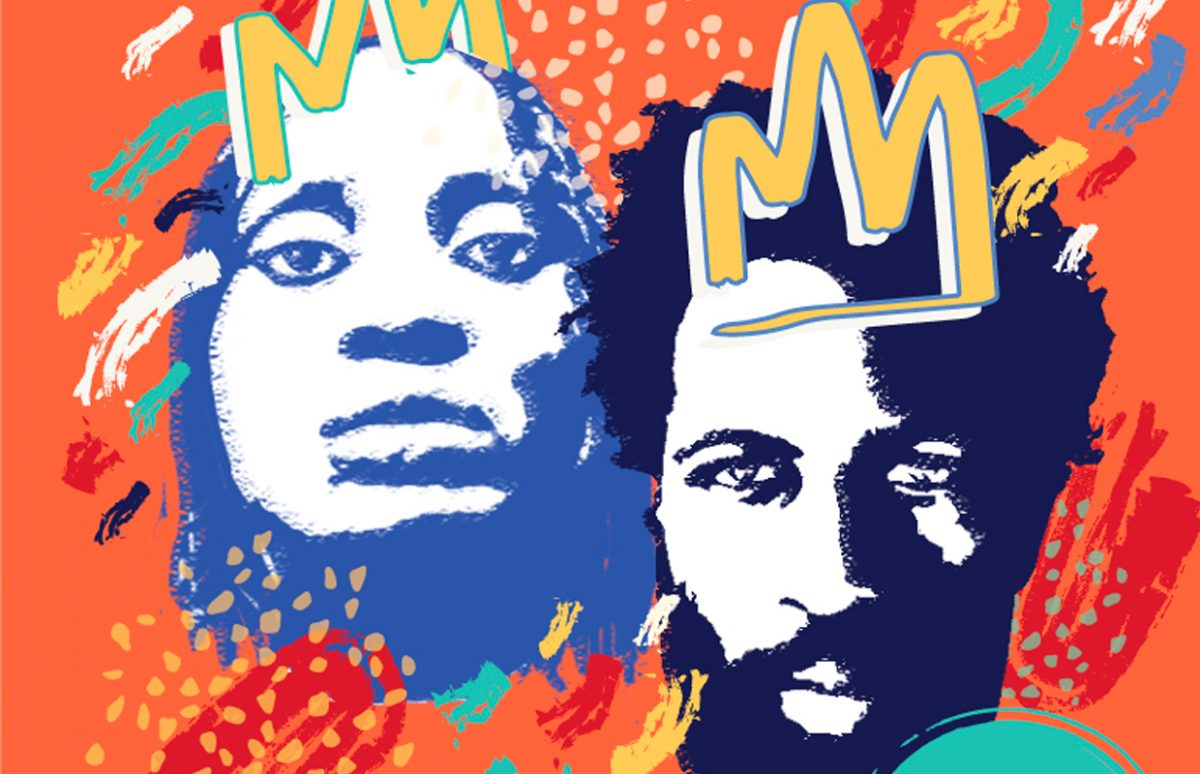
Juneteenth is an American celebration marking the end of slavery, when news of the Emancipation Proclamation finally reached the last U.S. state, Texas on June 19, 1865. Read more about the history and traditions of Juneteenth in our article. If you would like to introduce your pupils to the event, these resources will help you. … Continue reading “Juneteenth Webpicks”
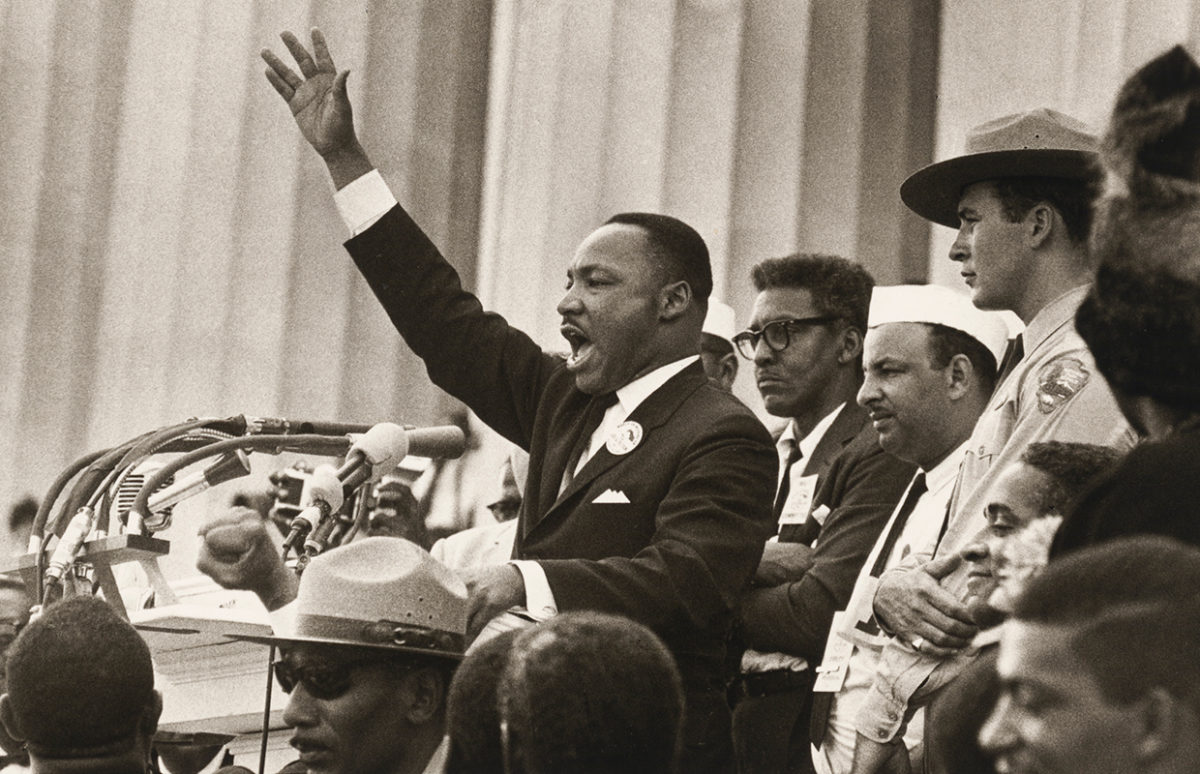
Civil-rights leader Dr Martin Luther King, Jr, was assassinated in Memphis, Tennessee, on 4 April 1968. To commemorate the fiftieth anniversary of King’s death, this B1 sequence will allow pupils to explore his life and legacy. After briefly sharing what they already know about this inspiring figure, students will watch a video and learn more … Continue reading “Martin Luther King Slideshow”
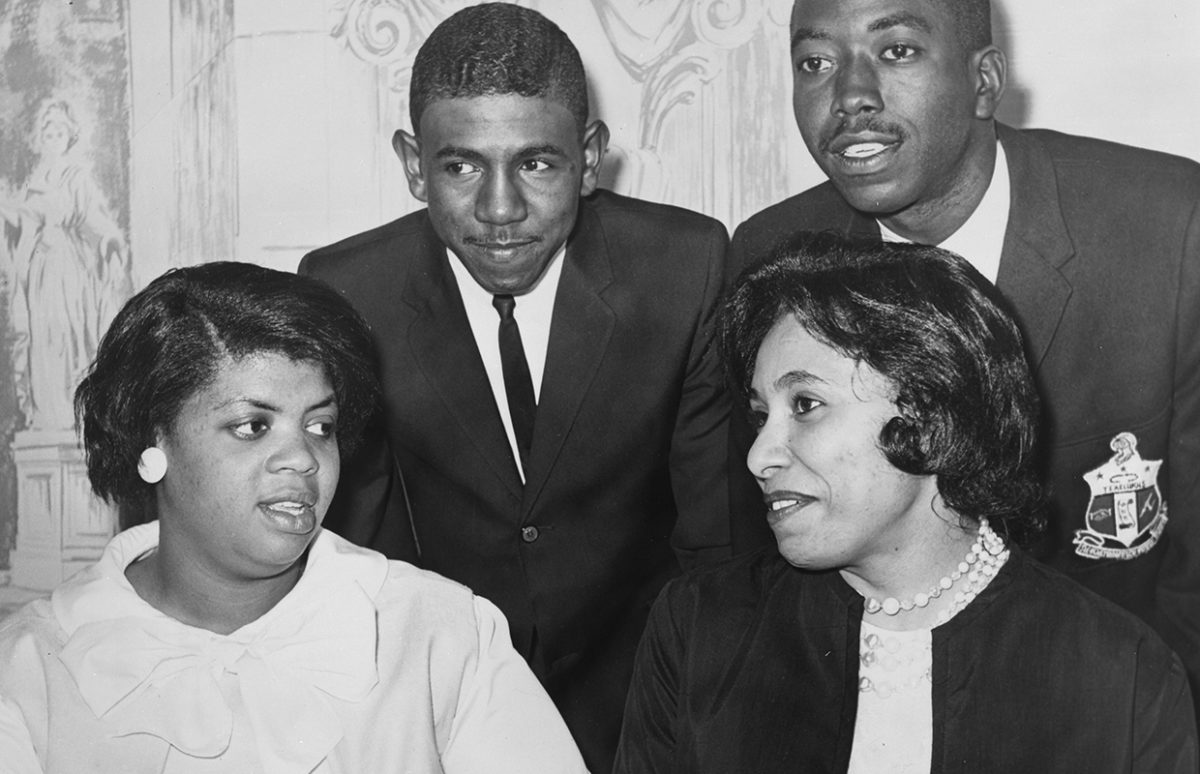
Brown v. the Board of Education in 1954 is remembered in the U.S. as a landmark moment in the fight for civil rights. The segregated school that seven-year-old Linda Brown attended while the case for desegregation made its way through the courts is now a National Park Service Historic Site. These videos and websites are … Continue reading “School Integration Webpicks”

Brown v. Board of Education in 1954 is remembered in the U.S. as a landmark moment in the fight for civil rights. But behind the title were real children. The one whose name was forever associated with the case, Linda Brown, has died, aged 76. Linda Brown was just seven years old in 1951, when … Continue reading “School Integration Pioneer Dies”
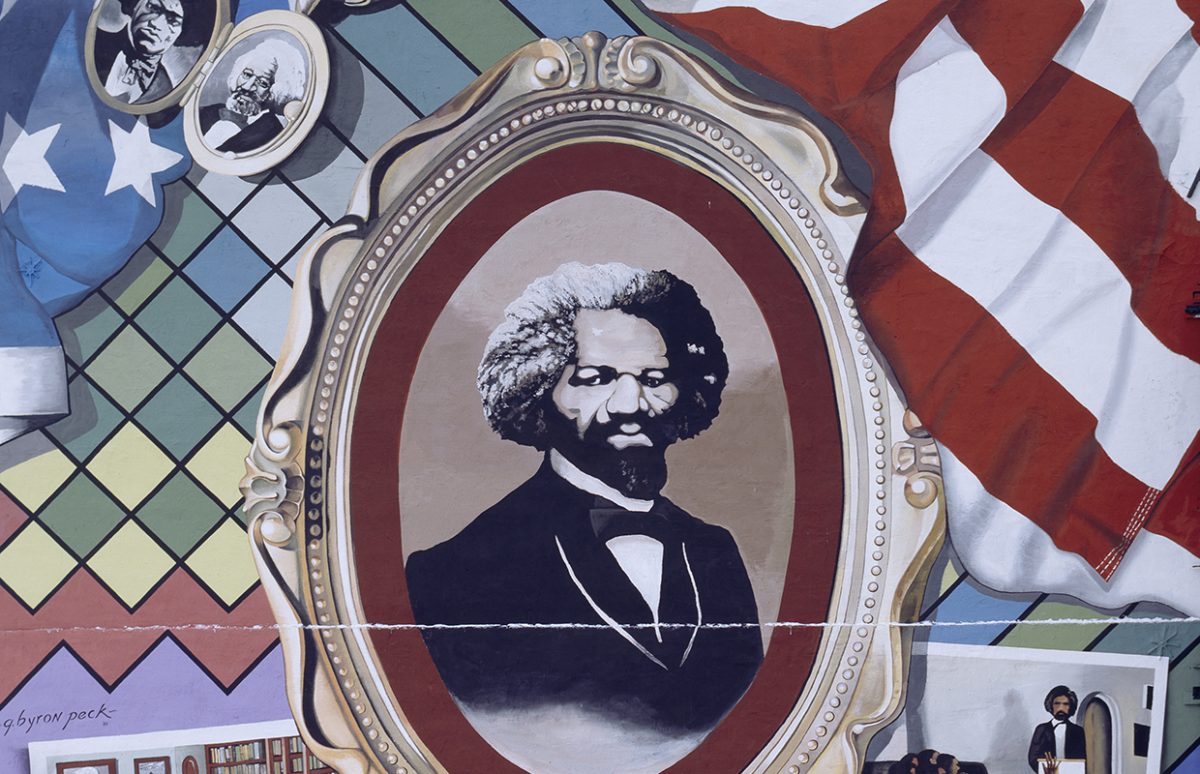
On the occasion of Frederick Douglass’s Bicentennial, there are lots of online resources to help you introduce this major figure of the abolition movement to your pupils. This section on Frederick Douglass from the Library of Congress children’s site is suitable from A2. It’s not a very detailed biography but has an excellent quote from … Continue reading “Frederick Douglass on the Web”
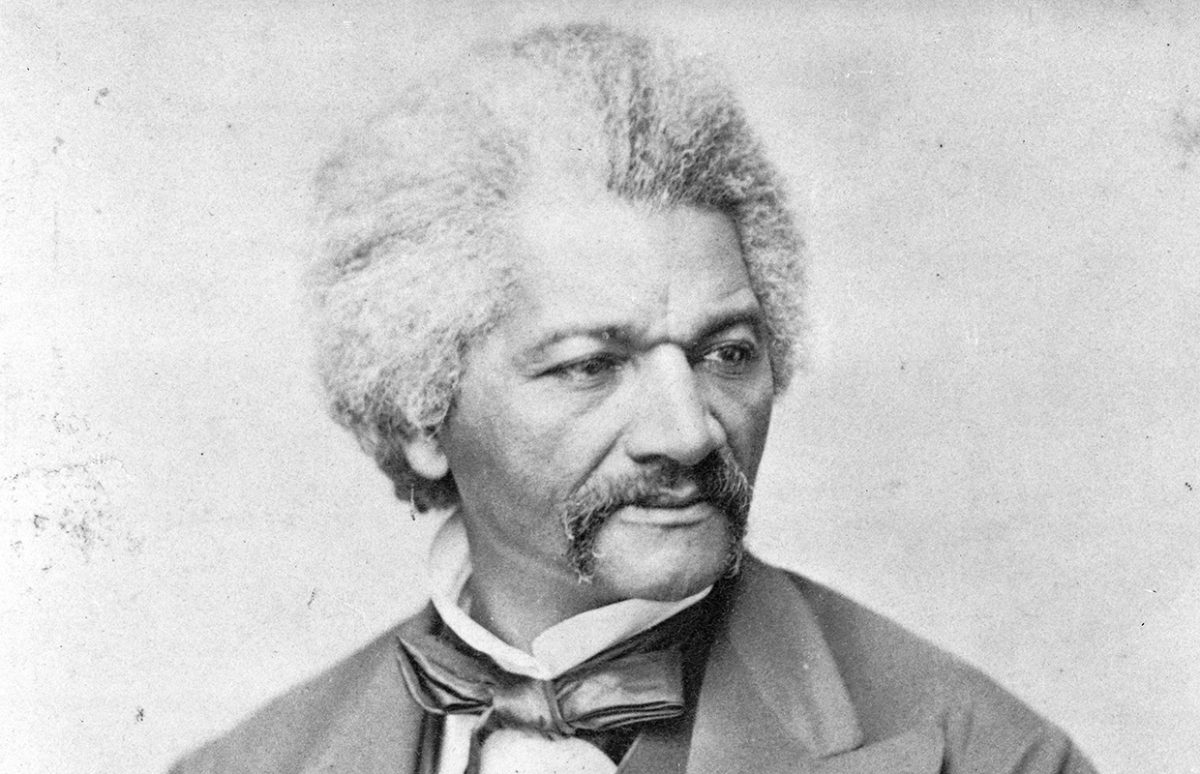
2018 marks the 200th anniversary of the birth of one of the most important figures in the fight for the abolition of slavery in the U.S.A: Frederick Douglass. Yet he is often unknown outside of America. Douglass was born in February 1818. He was born Frederick Bailey, a slave, in Maryland, but before the end … Continue reading “Frederick Douglass: Civil Rights Pioneer”
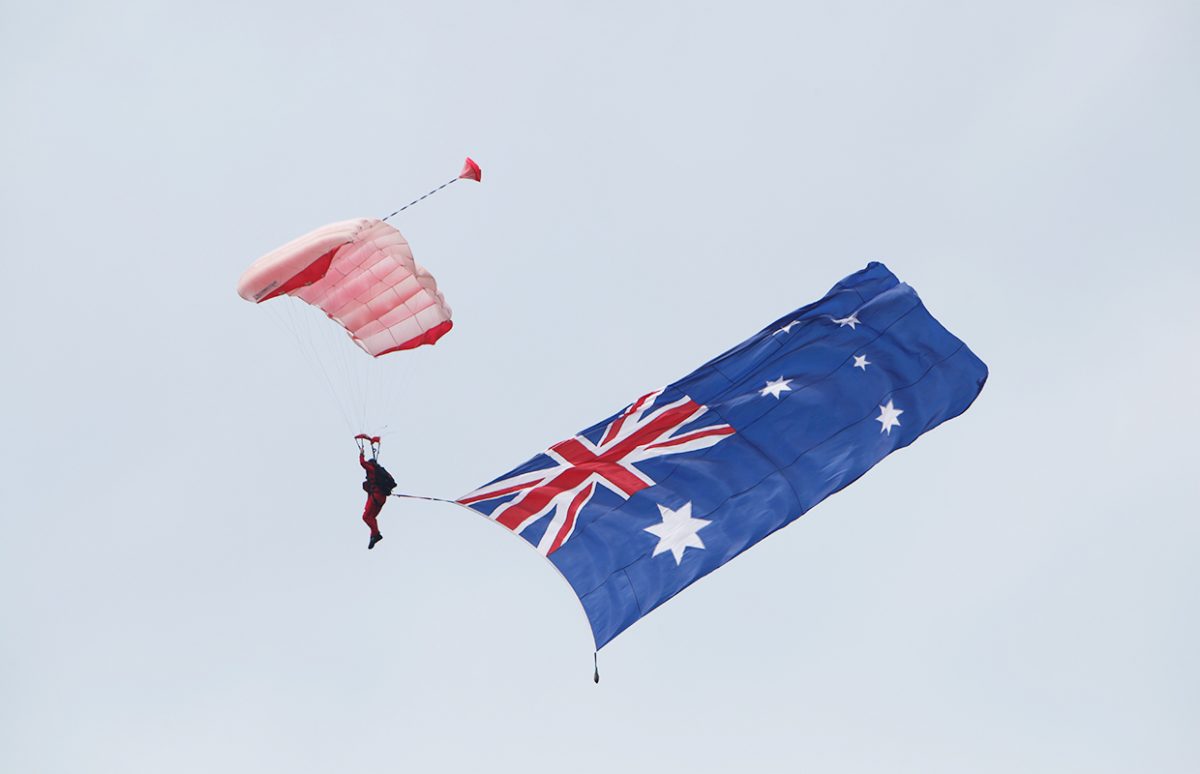
On 26 January every year, ceremonies are held all over Australia to welcome new citizens as part of Australia Day celebrations. But the 2018 national day was overshadowed by debates about citizenship, and about finding a date for Australia Day that is less offensive to Aboriginal people. Citizenship was a major issue in the Australian … Continue reading “Australian Identity Crisis”
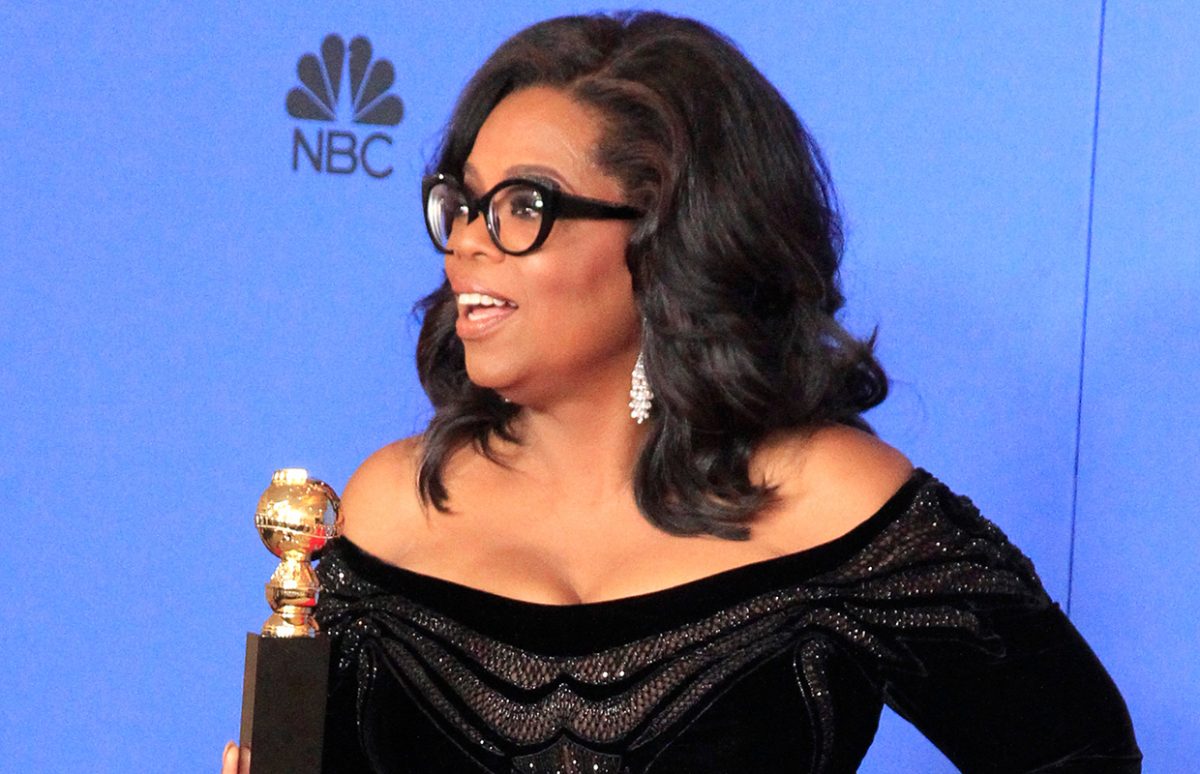
Since the Harvey Weinstein scandal was revealed by The New York Times on 5 October, the movement to denounce sexual harassment has swept across America and the world. Spreading far beyond Hollywood, women from all walks of life have spoken out saying #MeToo, #YoTambien or #balancetonporc. The New York Times investigation detailed numerous accusations of … Continue reading “From #MeToo to “Oprah for President””
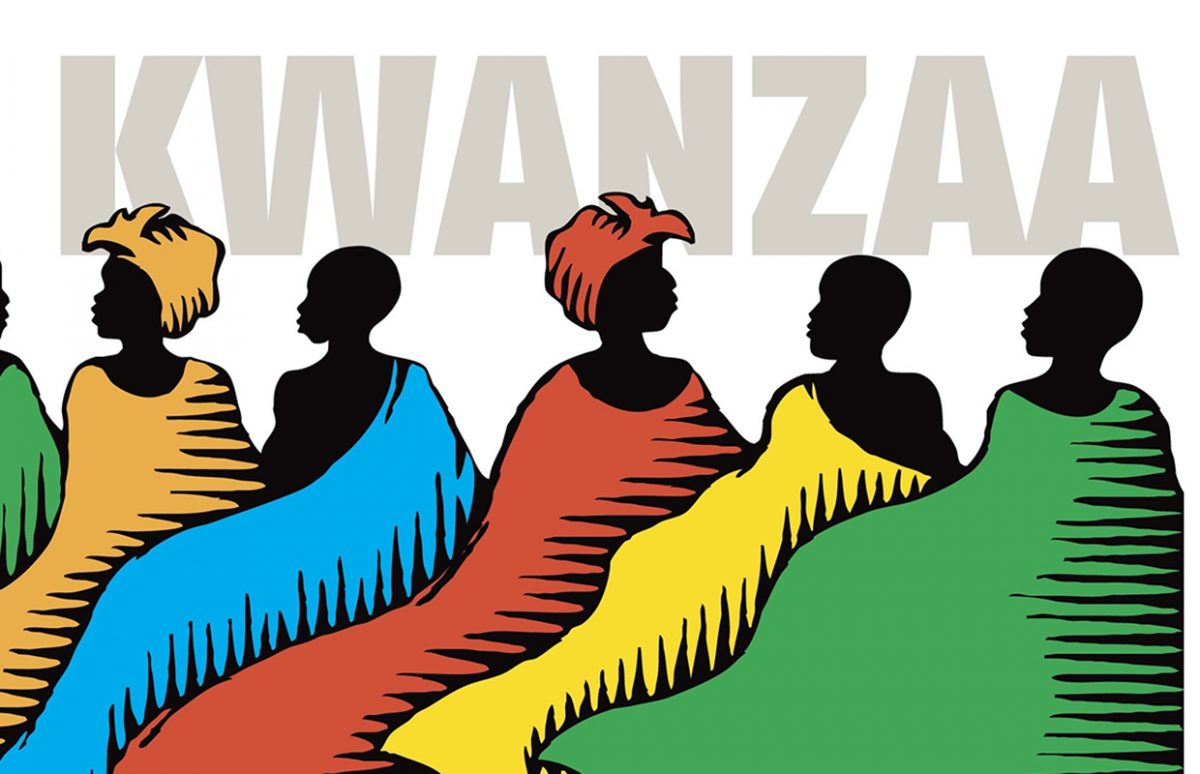
If you’d like to introduce your pupils to the annual African-American celebration Kwanzaa, from 26 December to 1 January, these articles, an audio sketch and festive music interactive can help you. This interactive feature from the Smithsonian has examples of celebration songs from different cultures in the U.S.A. and around the world. Click on number … Continue reading “Kwanzaa Webpicks”













